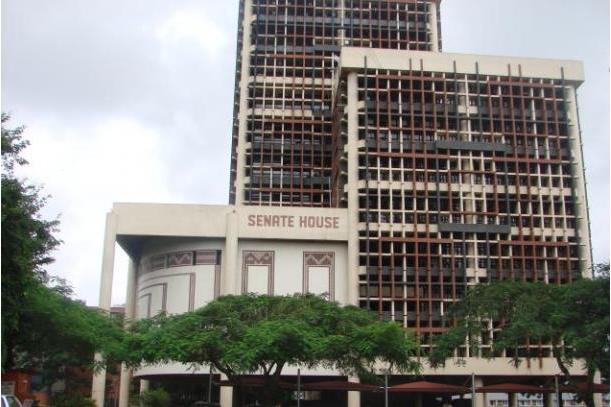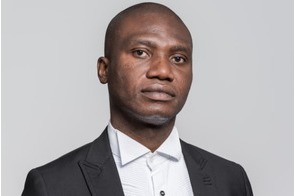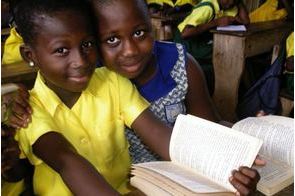Study reveals how developing countries can prevent capital outflow to foreign education

Summary
Foreign school fees and related outflows from Nigeria have been rising as standards in public schools have been falling, suggesting the former is the solution to the latter.
Developing countries, including Nigeria, take a financial hit from students seeking quality education abroad. This is the conclusion of a new study published in Open Review of Educational Research.
The authors, Husain Salilul Akareem and Syed Shahadat Hossain, said each year, droves of students from developing regions leave home to continue their academic career in countries with higher quality educational institutions. As a result, these future graduates take with them university fees and feed them into an alternative national economy.
Nigeria, which is grappling with foreign exchange crisis as a result of low dollar inflow from crude oil sales, spends $2 billion annually on foreign school fees. Foreign school fees and related outflows from Nigeria have been rising as standards in public schools have been falling, suggesting the former is the solution to the latter.
In order to avoid this exodus of funds, the authors advised institutions in developing countries must attempt to improve student perceptions of their educational offerings.
The study which analysed student’s perceptions of quality education, identified a trend of demographic and background characteristics that influence these perceptions. Factors such as scholarship status; extra-curricular activities; parents’ education; age; and previous educational success all impacted on the student’s perception of quality higher education.
The study, which surveyed over 400 students from five top universities in Bangladesh states that by understanding these characteristics, institutions can fragment the market and then target the most attractive group(s) of students. By projecting quality higher education, institutions will encourage prospective students to stay in developing countries and in turn better the region financially.
The issue of poor funding has been identified as impacting negatively on quality of education in Nigeria. However, the significantly higher number of candidates seeking admission, relative to in-take capacities, has also driven enrolments by Nigerians in foreign universities.
Higher budgetary allocation to public educational institutions is often advocated in closing the quality gap and creating more room for admissions. In that context, the administration of President Goodluck Jonathan established some 12 new universities. However, the report says the university authority can make their institutions attract enrolment through the processes of segmentation, market-targeting and positioning.
The report, titled ‘Determinants of education quality: what makes students’ perception different?’ holds valuable applications for university authorities and educational policy-makers looking to ensure a favourable academic environment and increase their institution’s brand image.
Open Review of Educational Research journal is published by Taylor and Francis Group, one of the world’s leading publishers of scholarly journals, books, e-books and reference works.
Related
-
Nigerian Chukwuebuka Okolo joins green visionaries from 21 countries on tour in Germany
The two-week science tour will provide the Green Talents with insights into the German research landscape and with the ...
-
How books can defuse the population bomb in developing countries
Countries need to acknowledge family planning as a human right and empower women to recognise their right in determining ...
-
Malaria Consortium calls for applications for Entomology scholarship in Nigeria
The London-based charity said the scholarship was created to ensure that Dr. Meek’s values are passed on to future ...







